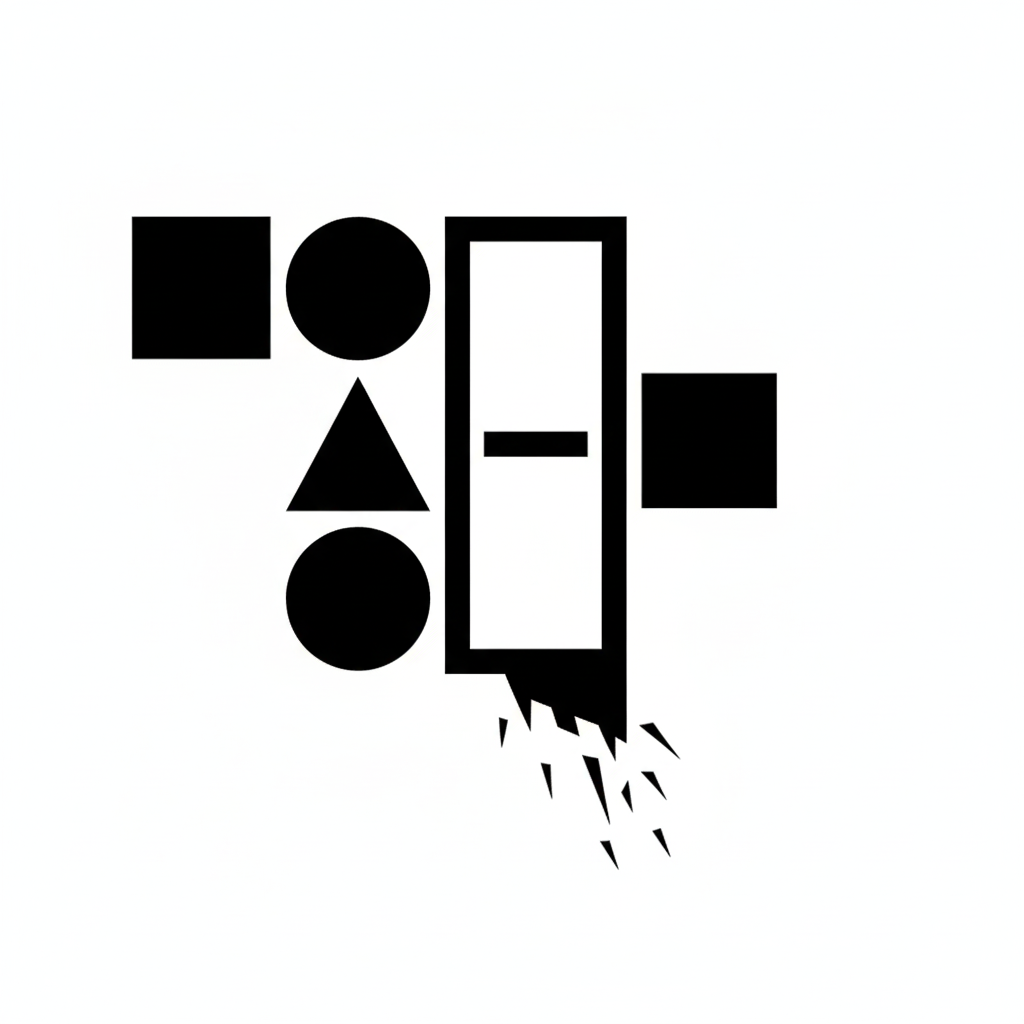The Cost of the Clean CV
Why Filtering for 'Perfection' is Systemic Discrimination
I've returned home after 11 years building a career in Europe, but I was quickly met not by opportunity, but by a frustrating systemic friction: the perfect path filter. This filter—narrow, and often automated—is designed to weed out non-linear journeys like mine. It's the reason my career gaps are judged, my time in retail leadership is dismissed, and my resilience is unseen. This painful contrast with my experience abroad highlighted a deep systemic flaw right here in Australia.
We need to gently, but firmly, ask why we allow this system to persist. When filters exclude people based on career paths that disproportionately affect caregivers, new parents, and those managing mental health or migration challenges, that filter becomes a mechanism of unconscious discrimination. This is a system that is holding back our community and our economy.
The Catalyst of the Broken Filter
I recently received feedback that my CV is "too generalist" and that recruiters "like to put you in a box." To the individual who shared that: thank you for the honest insight into the machinery of the market. But to the system that enforces this: we can, and must, do better.
This is the sound of Pattern Matching Bias in action. It’s the rigid demand for the Clean CV—the linear path that prefers an easy file-sort over the rich data of life experience. As Kim Scott advocates, fixing this requires intentional system design to manage bias. The solution is not for candidates to "fix" their gaps; it is for companies to redesign the filter to look for skills, resilience, and curiosity.
From Personal Pain to Strategic Asset
My career path is not a flaw; it is a strategic asset built on lived experience and profound resilience.
The Cost of Resilience: My journey into tech was brutally tested by toxicity that shattered my confidence. From that broken space, a commitment to psychological safety was born. I now lead with Empathetic Leadership, understanding that kind, safe workplaces aren't a luxury, but a critical part of the system's infrastructure.
The Value of Non-Linearity: I reject the notion that I must "fix" my path. My background—from complex operations leadership to web development—provides the strategic empathy needed to design Systems with Soul. I see the underlying thread connecting code, operations, and human experience because I have sat in all those chairs.
The Systemic Correction: An Invitation to Collaborate
I've observed a national malaise—a shared feeling of stress and distraction. This isn't just a mood; it's the result of broken systems that are filtering out the very people who have the resilience and empathy to fix them.
To the Hiring Manager: I know AI has turned your workload from 20 applicants to 200. I know you are under immense pressure. But by partnering with us to redesign the filter, you solve your volume problem and your talent problem simultaneously.
“Let’s choose to move beyond the perfect path. Let’s collaborate to design the human-centred filter that welcomes resilience, strategic empathy, and the talent needed to build our future.”
Your Next Small Step: Audit Your Filters
Go into your ATS (Applicant Tracking System) or review the keywords on your next job description. Identify one requirement that is a proxy for something else (e.g., "Must have 3 years continuous tenure"). Ask yourself: "Is this filtering for skills, or is it filtering out life experience?" If it's the latter, redesign the requirement around the actual skill needed.
